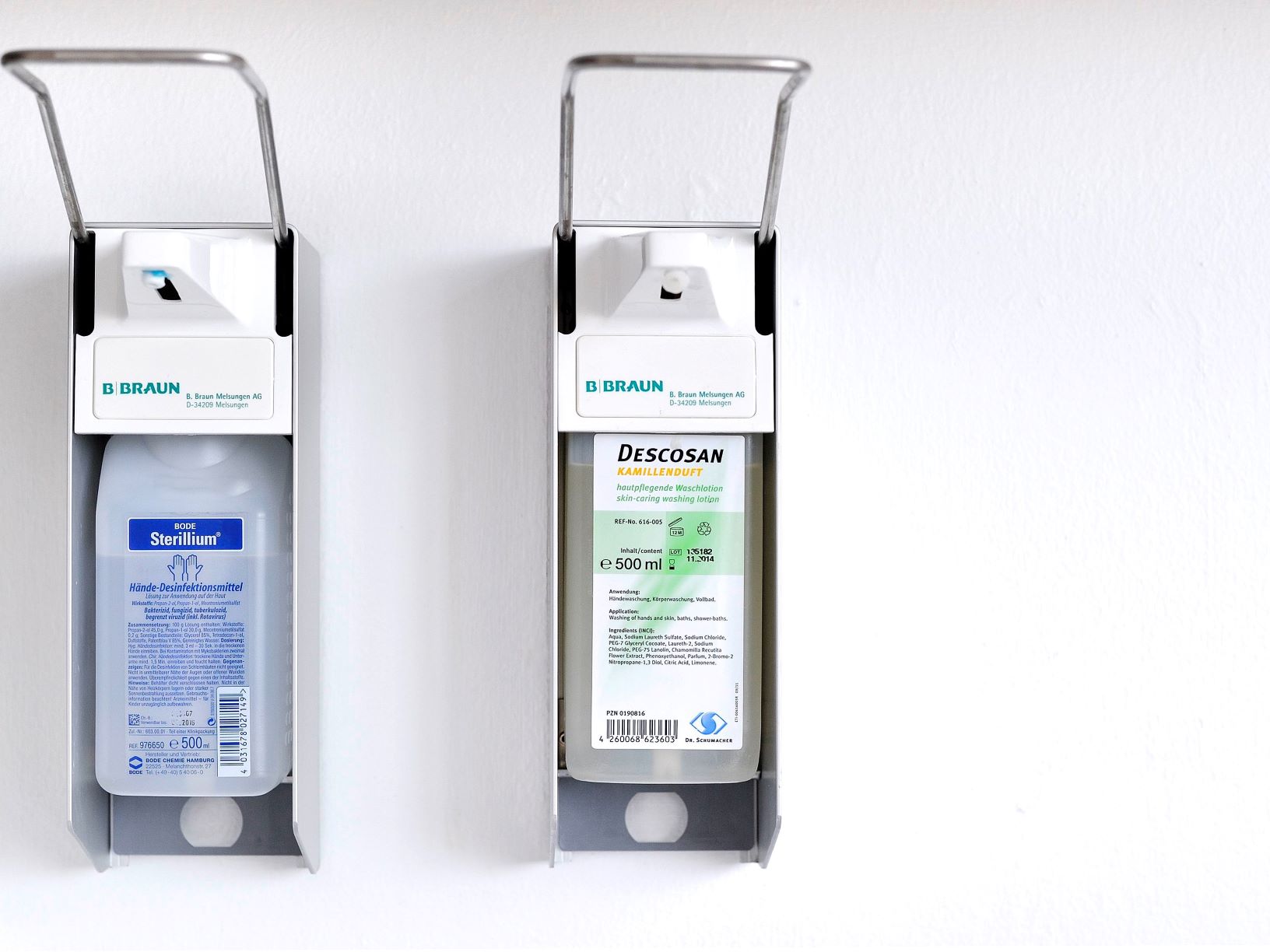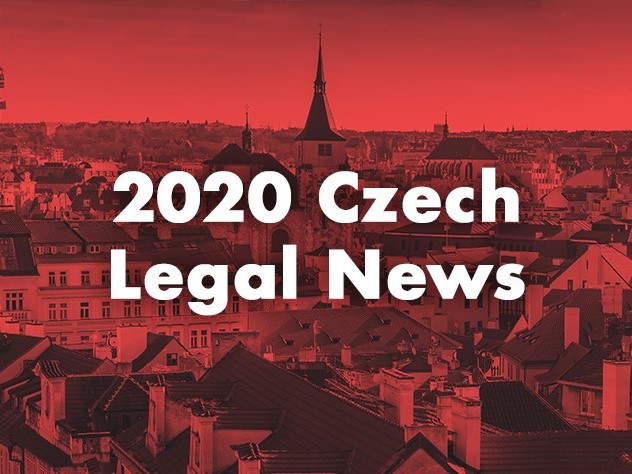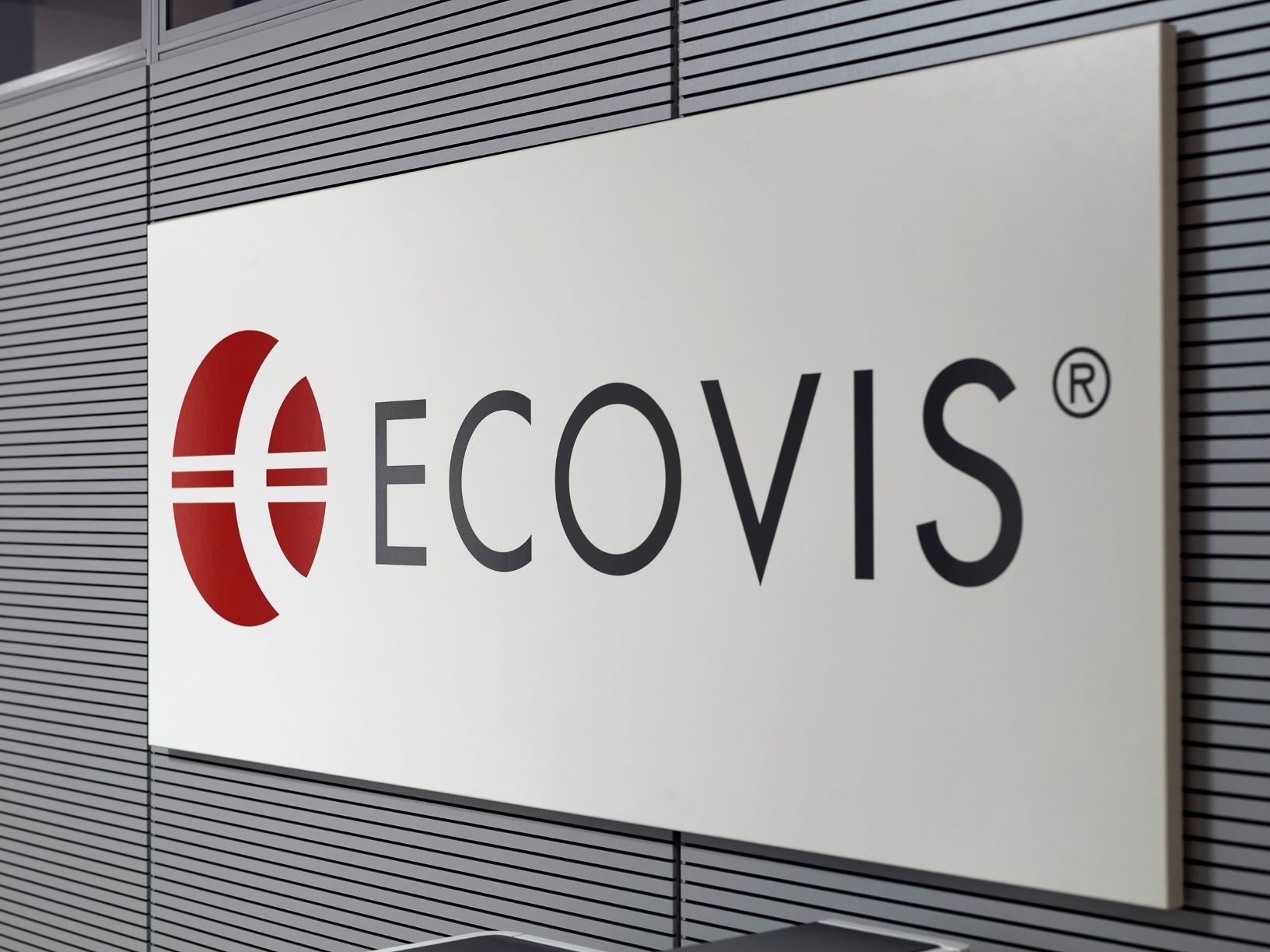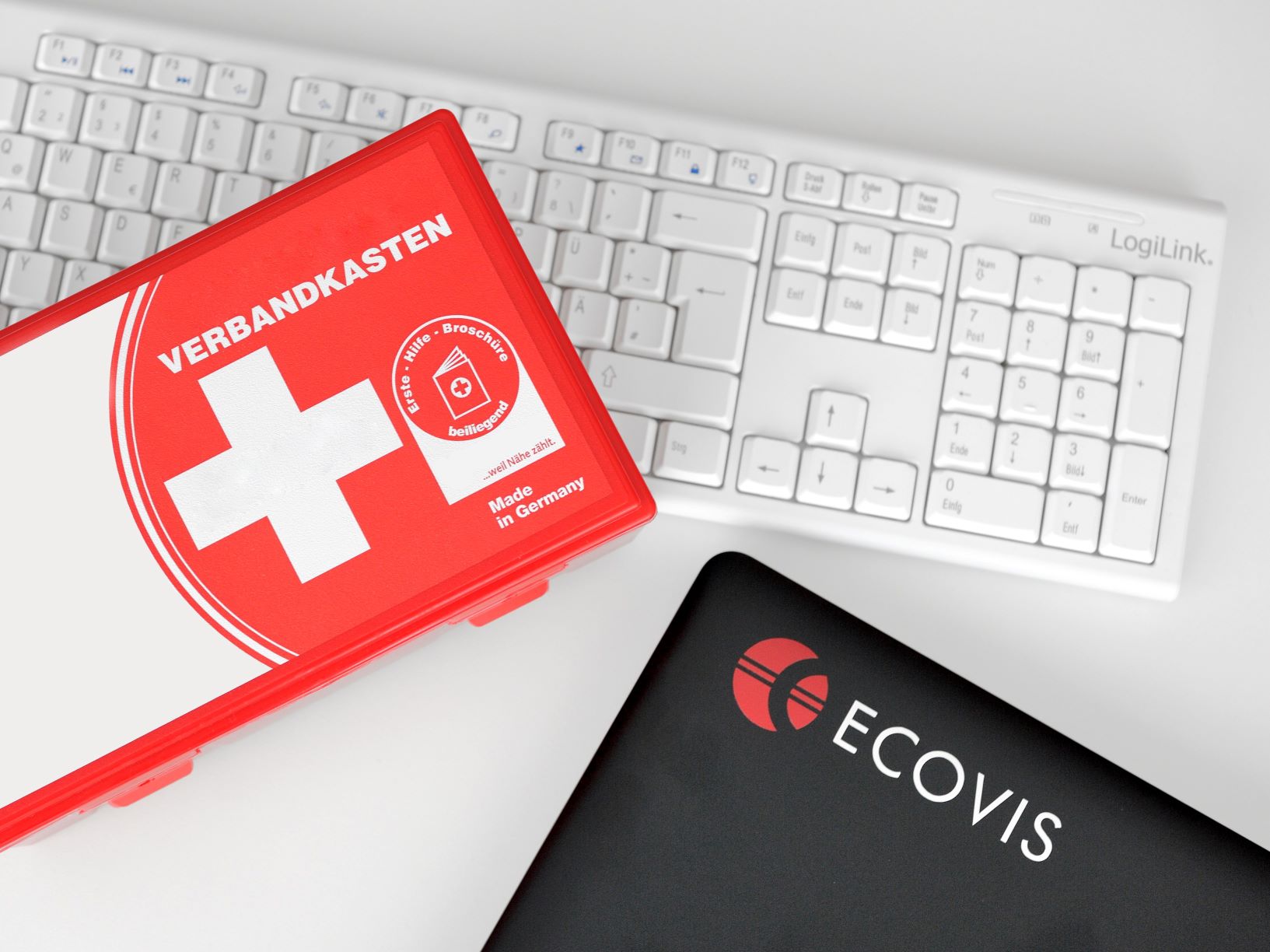Supporting the Czech cultural sector through Covid-19. Instead of cultural events cancelled due to coronavirus SARS-CoV-2, vouchers may be issued in Czech Republic until October 31, 2021
Act on Certain Measures to Mitigate the Impacts of the SARS CoV-2 Coronavirus Epidemic on Cultural Events in the Czech Republic
The Government bill on certain measures to mitigate the effects of the coronavirus epidemic known as SARS-CoV-2 on cultural events, including the explanatory memorandum was submitted to the Czech Chamber of Deputies on 4.5.2020 and was discussed and approved at the meeting No. 45 on 6.5.2020. The bill was subsequently discussed and approved by the Czech Senate at it‘s 22nd meeting on May 13, 2020.
On May 19, 2020, the Act was published in the Czech Collection of Laws under No. 247/2020 Coll., on certain measures to mitigate the effects of the coronavirus epidemic known as SARS CoV-2 on cultural events and came into force on the same day. This Czech Act regulates certain measures in the field of Czech cultural festivals, parades and similar cultural events in connection with the epidemic of coronavirus known as SARS CoV-2.
The ban on organizing cultural events with the participation of more than 100 people was in force since March 10, 2020 6 p.m.an extraordinary measure of the Czech Ministry of Health of May 25, 2020, which eased the ban on organizing cultural events to events of over 300 people and set additional conditions for holding them. The restrictions imposed have, of course, had a severe impact on the culture, including theater performances and film screenings, concerts, dance productions, cultural festivals and shows. This market has been completely paralyzed and a large number of previously purchased tickets for these events will no longer be possible to use due to the necessary cancellations of such cultural events.
Therefore, ticket holders have the right to request a refund of the entry fee from the organizer according to the relevant legal regulations. The organizers usually offer ticket holders to keep their tickets and use them for alternative events. However, in many cases, ticket holders can be expected to disagree and demand a refund. The purpose of the Act on Certain Measures to Mitigate the Impact of the Coronavirus Epidemic Called SARS CoV-2 on Cultural Events in the Czech Republic was to support cultural event organizers who had significant costs in planning, advertising and organizing events and who often made advance payments. By returning the entrance fees they would face a significant outflow of liquidity without the possibility of obtaining new income due to ongoing restrictions and subsequent complications. According to the explanatory memorandum, this situation could jeopardize the existence of the organizer and their solvency, which, in addition to the adverse consequences for the economy as a whole and the cultural offer, would also lead to many ticket holders not receiving any compensation at all.
The Czech Act does not release the organizers from the obligation to return the entrance fee, but it will be necessary to ask for a refund after October 31, 2021 and wait until November 14, 2021
With the passing of the Czech Act, the organizers were not released from the obligation to return the paid entrance fee, they were only given the opportunity to persuade their customers to request a voucher for a substitute cultural event and then offer customers a substitute cultural event within 6 months of issuing a voucher and not later than October 31, 2021. If the customer does not use the voucher by October 31, 2021 or does not even request it, the organizer will be obliged to return all paid payments to the customer based on his request no later than 14 days from the end of the protection period, i.e. no later than November 14, 2021.
It is also necessary to realize that there may be another agreement between the organizers and the customers regarding the issuance of a voucher and this agreement may not be governed by the terms of the new Czech Act. Such an agreement can be reached, among other things, by tacit (actual) acceptance of the proposal of the organizer or by acceptance of another voucher with different conditions. The assessment of whether it is the organizer's procedure under the new Czech Act or the procedure within the change of business relationship between the organizer and the customer will depend primarily on whether the organizer provides the customer with the instruction required by the new Czech Act.
Vouchers for cultural events cancelled until October 31, 2020
The Act on Certain Measures to Mitigate the Impacts of the SARS CoV-2 Coronavirus Epidemic on Cultural Events applies to cultural events that are to take place until October 31, 2020.
What is a cultural event for which it is possible to issue a voucher
The Czech Act applies to "cultural events", which are generally defined as an events in the field of cultural festivals, shows and similar cultural events. It can be assumed that this very broad definition may lead to speculation as to when it will be a cultural event and when it will not, especially when it is not a purely "cultural" event, e.g. a sports event or an educational event.
Protection period when the organizer of the cultural event is not obliged to return the paid entrance fee – announcement through the mass media
SInce the announcement of the organizer of the cancellation of the event through the mass media until October 31, 2021, if this period does not end earlier as set out by the Czech Act, the organizer of the cultural event is not obliged to return to the customer the entrance fee for the cultural event, which was paid before May 19, 2020. The Czech Act explicitly only stipulates that it must be a mass media announcement, and therefore the recommendation could be"all kinds of mass-distributed video and audio recordings, as well as all high-volume printed matter", especially by the press, radio, television and the internet. We believe that without this notice, no protection period will start running for the organizer and he is still under obligation to return the entrance fee.
The Czech Act does not stipulate whether this means that the customer's receivable from the organizer does not become due for the protection period, but it can be assumed that this is in fact this consequence. The customer's claim for a refund of the entrance fee does not expire, but it will not only be possible to enforce it through the courts. During the protection period it will only be possible to apply for a voucher in accordance with the Czech Act.
The protection period ends if the organizer
a) did not issue the voucher to the customer within 1 month of his request, or
b) did not offer the customer a substitute cultural event within 6 months of issuing a voucher and not later than October 31, 2021; or
c) it is a person from the so-called vulnerable group who requests a refund of the entrance fee (see below).
Consequences of expiration of the protection period and refund of the entrance fee
The obligation to return the entrance fee, it’s fullfilment which was postponed for the duration of the protection period, is considered fulfilled by using the voucher to pay the entrance fee for the substitute cultural event. If the customer does not use the voucher or does not even request it, the organizer will be obliged to return all paid payments to the customer on the basis of his request no later than 14 days from the end of the protection period, i.e. no later than November 14, 2021.
Voucher for a cultural event instead of returning the entrance fee and their conditions
The customer can request a voucher for a cultural event until March 31, 2021. The organizer is obliged to issue a voucher at least in the value of the paid entrance fee. The validity of the voucher is limited to October 31, 2021, i.e. for the duration of the protection period. As this is not excluded by Czech Act, it may have a longer validity, but then it is necessary to respect the customer's rights in connection with the expiration of the protection period.
The voucher includes in particular:
(a) a sum of money corresponding at least to the value of the entrance fee paid; and
(b) business name or name and surname of the organizer, his identification number of the person and address of the registered office.
The voucher must be issued to the customer in paper form. It is possible to issue the voucher to the customer in electronic form if the original contract was concluded by means of distance communication or the customer has given his consent.
Alternative cultural events must take place until the end of the protection period, i.e. October 31, 2021
The organizer is obliged to offer the customer a substitute cultural event on the basis of the voucher for the duration of the protection period. The organizer can not require the customer to pay in addition to the voucher any difference in the price of admission compared to the original contract. The Czech Act does not stipulate what can be considered a substitute cultural event. It is not necessary that it is the same cultural event, the same performer etc., it will only be necessary to keep the entrance fee for the substitute event equally high. If the customer does not like the substitute cultural event or does not like the time or place of the event, he does not have to attend it and would subsequently be entitled to a refund of the payments paid after the expiry of the protection period.
Protection of vulnerable groups who are entitled to a refund without a voucher
If the customer is a person who is a holder of a disabled person's card as of the date of notification of the organizer of the cancellation of the cultural event, a person registered as a job seeker, a pregnant person, a person on maternity or parental leave or a person over 65 or a single parent caring for a dependent child, the protection period does not apply if such a customer requests the organizer to refund the entrance fee.
The cultural events organizer‘s duty to inform the customers
The organizer will inform the customer in a clear, comprehensible and unambiguous manner about his rights under the Act on Certain Measures to Mitigate the Impacts of the Coronavirus Epidemic Known as SARS CoV-2 on Cultural Events in the Czech Republic. The Czech Act does not stipulate a deadline for instructing customers or sanctions for non-compliance, but we believe that this should happen without undue delay after the organizer cancels the cultural event and does not return the paid entrance fee to customers at their request.
Compliance with Czech constitutional and EU law?
The Czech Act can provoke negative reactions and objections from customers, usually consumers, whose rights are disadvantaged compared to the organizers of cultural events. At the level of the European Union the European Commission has already called on EU member states to provide state guarantees for vouchers for cancelled travel during the coronavirus pandemic, if the people prefer to accept vouchers instead of refunds. On May 13, 2020 it was even issued Recommendation of the European Commission on vouchers offered to passengers as an alternative to reimbursement for canceled travel and transport services in the context of the COVID-19 pandemic, in which the Commision explicitly commented on this issue.
In the case of travel and transport services, uniform rules have been adopted throughout the European Union, which is why the European Commission has explicitly commented on them. There are no such uniform rules for cultural events, but the recommendation of the European Commission can undoubtedly be applied to other areas of business, incl. areas of culture. It would then not be necessary to interfere in the contractual relationship by favoring only one party, while the other party bears all risks compared to the legitimate expectations it had at the time of purchasing the cultural event ticket, i.e. refunding the entrance fee if the cultural event did not take place.
One of the recommendations of the European Commission is:
"With a view to limiting the negative impacts on passengers or travellers during the COVID-19 pandemic, Member States should actively consider setting up guarantee schemes for vouchers to ensure that in the event of insolvency of the issuer of thevoucher, passengers or travellers are reimbursed.
To the extent that such guarantee schemes reduce the financial risk for passengers or travellers in accepting vouchers and increase the likelihood that they opt for such vouchers instead of reimbursement in money, and thereby improving the operators’ liquidity position, the measures provide an advantage to the operators concerned in the form of liquidity relief and constitute State aid."
For more informations contact us at:
JUDr. Mojmír Ježek, Ph.D.
ECOVIS ježek, advokátní kancelář s.r.o.
Betlémské nám. 6
110 00 Praha 1
e-mail: mojmir.jezek@ecovislegal.cz
www.ecovislegal.cz
About ECOVIS ježek, advokátní kancelář s.r.o.
Czech law firm ECOVIS ježek focuses in its practice primarily on bussines law, real estate law,
The information contained on this website is a legal advertisement. Do not consider anything on this website to be legal advice and nothing on this website constitutes an attorney-client relationship. Before discussing anything you read on this site, arrange a legal consultation with us. Past results do not guarantee future results and previous results do not imply or predict future results. Each case is different and must be judged according to its own circumstances.














